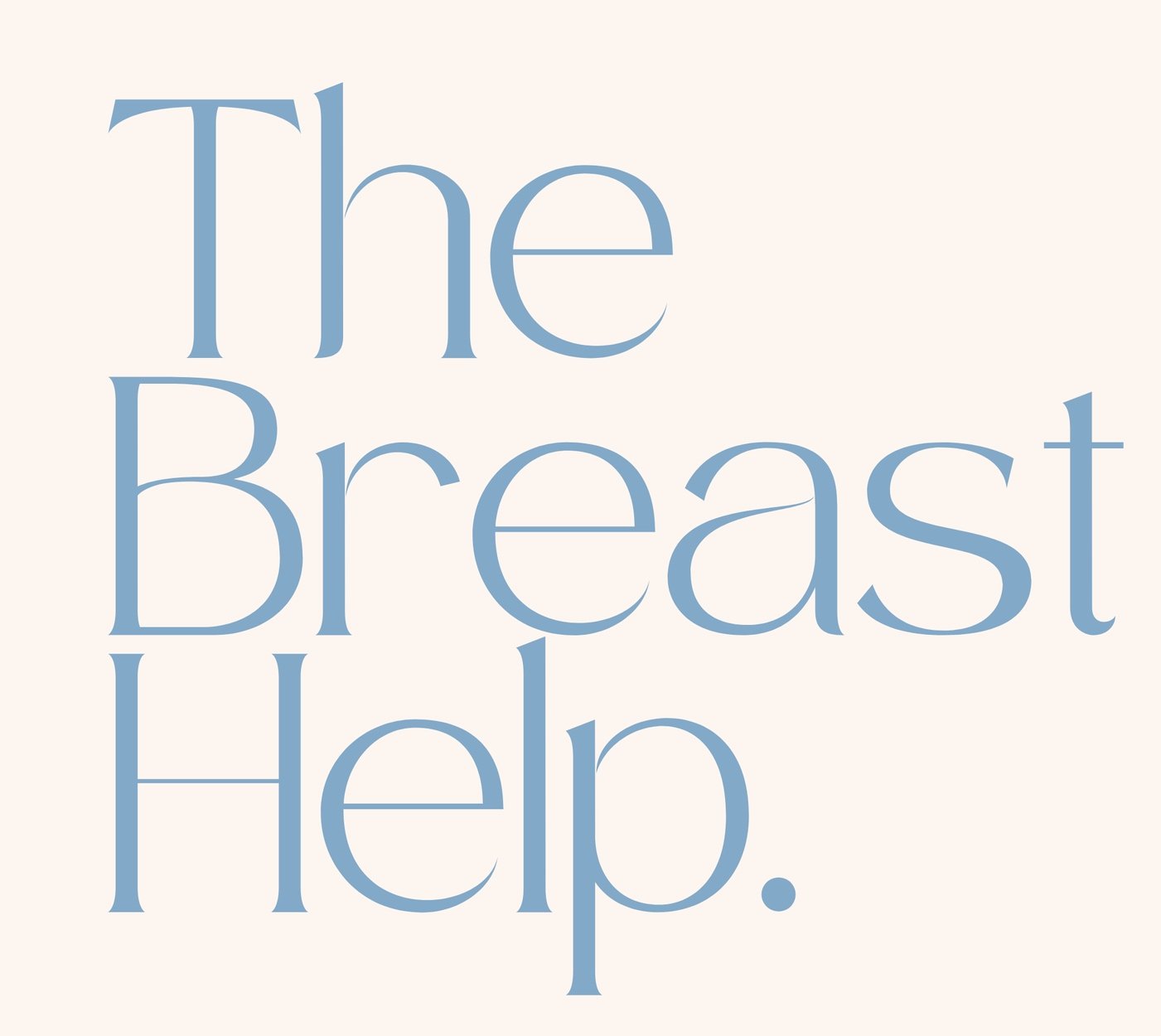Alcohol and Breastfeeding: What You Need to Know
The choice to consume alcohol while breastfeeding is a personal one, and also a complex one. With varying opinions on what is considered "safe", some experts suggest that moderate alcohol consumption may not pose significant risks. It is crucial for breastfeeding mothers to be informed about how alcohol affects breast milk and their babies.
How Alcohol Transfers to Breast Milk
When a mother consumes alcohol, a small percentage of it enters her breast milk (because milk is made from blood!). However, alcohol does not remain in the milk indefinitely; it follows the same metabolic process as it does in the bloodstream. As alcohol is cleared from the mother's blood, it is also eliminated from her breast milk (UpToDate, n.d.).
How Long Does Alcohol Stay in Breast Milk?
For an average-weight female, it takes approximately two hours for a single serving of alcohol to be fully metabolised. A single serving is defined as:
355 ml (12 ounces) of beer
150 ml (5 ounces) of wine
44 ml (1.5 ounces) of 80-proof (40% ABV) liquor
To ensure that no alcohol is present in breastmilk, experts recommend waiting at least two hours after consuming one serving of alcohol before nursing. If more than one serving is consumed, an additional two hours per drink should be observed before breastfeeding (UpToDate, n.d.). There is no need to pump and discard milk after this waiting period, as alcohol naturally leaves the milk as it does the bloodstream.
Effects of Alcohol on Milk Supply and Infant Behaviour
The effects of alcohol on breastfeeding depend on the amount consumed and the frequency of intake. Studies show that alcohol decreases milk production, with five or more drinks reducing milk letdown and disrupting the breastfeeding process until alcohol levels decrease (LactMed, 2021).
Other key findings include:
Breastmilk alcohol levels peak 30 to 60 minutes after drinking, though food consumption can delay this peak.
Nursing within one hour before consuming alcohol may slightly reduce alcohol levels in subsequent feedings.
Infants who consume milk from mothers who have had one or two drinks may take in 20 to 23% less milk, which can lead to agitation and disrupted sleep patterns (LactMed, 2021).
The Impact of Beer on Milk Production
Interestingly, beer has been studied for its effects on lactation. Some evidence suggests that beer may increase serum prolactin levels due to polysaccharides found in barley and hops, potentially aiding milk production. However, this effect is not due to alcohol itself, as non-alcoholic beer has been found to increase antioxidant capacity in breastmilk while having negligible alcohol levels (LactMed, 2021). In a U.S. survey, 42% of mothers who used beer as a galactagogue (a substance that promotes lactation) believed it increased their milk supply.
Considerations for Mothers with a Family History of Alcoholism
Women with a family history of alcoholism may have a blunted prolactin response to breast stimulation, meaning they might need to breastfeed more frequently to maintain their milk supply (LactMed, 2021). This underscores the importance of individualised guidance and monitoring when considering alcohol consumption during breastfeeding.
The Feed Safe App
For mothers who want a simple way to determine when it is safe to breastfeed after consuming alcohol, the Feed Safe app provides a helpful resource. Developed with expert guidance, this app allows users to input their weight and the number of drinks consumed, offering an estimate of when alcohol will be cleared from their system. While it should not replace professional medical advice, it can serve as a useful tool for nursing mothers who wish to make informed decisions about breastfeeding after drinking. The Feed Safe app is available in Australia and can be accessed via Feed Safe.
My Final Thoughts
The decision to consume alcohol while breastfeeding is personal and should be made based on reliable information. While moderate alcohol intake is generally considered manageable with proper timing, excessive drinking can negatively impact milk production and infant wellbeing.
All mothers have the right to choose to drink alcohol if they wish, being informed and educated is key. By waiting the appropriate amount of time between consumption of alcohol and breastfeeding, this ensures that alcohol levels have decreased in the bloodstream, reducing potential risks to the baby.
For mothers who have concerns or unique circumstances, consulting an IBCLC Lactation Consultant or your doctor can provide personalised recommendations based on the latest research and your individual health needs.

